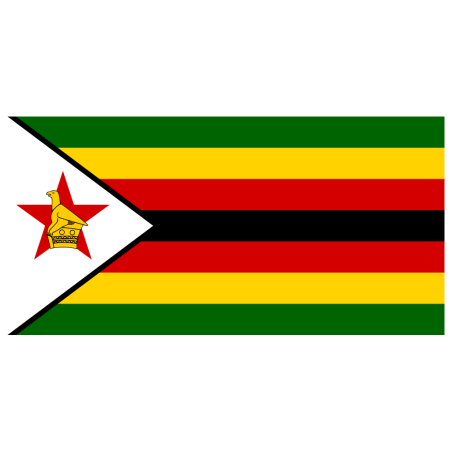Zimbabwe: Ecocash Weighs Down Cassava Smartech Revenue

CASSAVA Smartech's mobile money business, EcoCash, revenue for the year to February 28, 2021 declined by 26 percent to $8,6 billion compared to $14,5 billion achieved in the prior year weighed down by the Reserve Bank of Zimbabwe (RBZ) directives on mobile money agents and transactional limits.
The fintech business unit, which is the Cassava's largest operating unit, constitutes about 80 percent of the total group revenue and within the unit, 80 percent of the revenue comes from the mobile money business unit, EcoCash whose revenue contribution at 60 percent declined from 75 percent in the prior year.
Mrs Sherree Shereni, the group's chairperson, in a statement accompanying Cassava's financials attributed the decline in EcoCash revenues to the company's revenue diversification strategy that saw growth in the Insurtech and VAYA Technologies business.
As a result, group revenue closed the year at $14 billion, a 26 percent lower than the $19 billion recorded in the prior year.
According to the group's financial results, the Insurtech business grew to $2,2 billion during the year under review, from $1,6 billion in the prior year while the Vaya Technologies business uplifted its performance contribution from two percent in 2020 to seven percent this year.
Last year, the RBZ abolished agent lines alleging that they were being used for illicit financial transactions, primarily illegal foreign currency transactions.
The measures were also necessitated by the need to protect consumers on mobile money platforms which have been abused by unscrupulous and unpatriotic individuals and entities to create instability on the exchange rate and inconveniences in the economy.
EcoCash has been the country's leading mobile money operator and mobile money subscribers declined 22 percent to 8,4 million on prior year.
The group's banking subsidiary Steward Bank, whose business was also largely driven by EcoCash, saw its revenue declining to $2,5 billion compared to $3,02 billion in the prior year.
But according to Mrs Shereni, Steward Bank's contribution remained stable and is expected to continue on the upward trend, on the back of the system upgrade completed in April 2021.
She said as part of its revenue growth strategy, the group would continue its focus on revenue diversification and innovation into the future.
She noted that the group had $2,7 billion of related party payables related to debentures, which were assumed pursuant to the demerger of the group from Econet Wireless Zimbabwe Limited from 1 November 2018.
About 1 166 906 618 unsecured redeemable debentures with an annual compounding coupon rate of 5 percent were issued at a subscription price of 4,665 US cents per debenture and these are accounted for as a long-term related party payable.
"The obligation is denominated in the United States dollar and as such subject to exchange rate revaluation.
"The economy experienced significant exchange rate movements during the financial year and as at 28 February 2021 the Group recorded exchange losses amounting to $4,6 billion compared to $8,4 billion in 2020," Mrs Shereni said.
In terms of the RBZ new capital requirements for banking institutions to comply with minimum capital thresholds set at US$30 million in Zimbabwe dollar equivalent by December 31, 2021, Steward Bank capitalization level was at $600 million
 Africas leading resource for digital financial services
Africas leading resource for digital financial services


comments